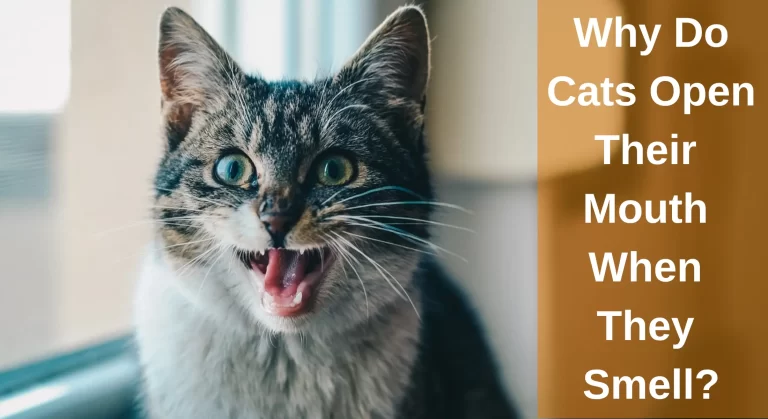Why Do Cats Like Adhesive? All You Need To Know
Cats are known for their playful and curious nature. They can easily get fascinated by the most unexpected things, like a piece of string or a paper ball. However, the adhesive is one of the most curious and peculiar things cats seem to love. You might have caught your cat playing with tape or licking sticky surfaces, but have you ever wondered why do cats like adhesive?
Cats’ love of adhesive substances is a complex behavior that can be attributed to their innate curiosity, love of tactile stimulation, and attraction to interesting scents.
While it can be amusing to watch our cats play with tape or stickers. In this article, we’ll explore the science behind this curious behavior and shed some light on why our cats seem so enamored with sticky substances.
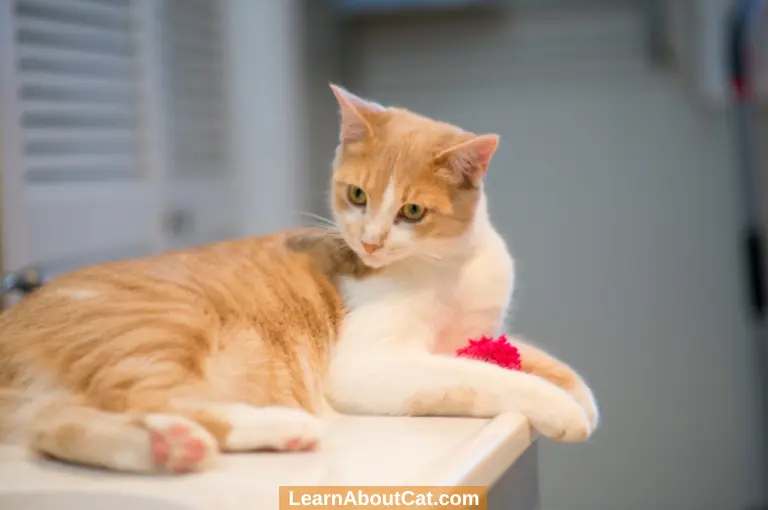
Understanding Cat Behavior
Before we can delve into why cats like adhesive, it’s important to understand some basic principles of feline behavior. A natural curiosity drives cats to explore their surroundings and investigate new items. This innate curiosity is what often leads cats to play with things that seem unusual or interesting to them.
Additionally, cats are known for their love of tactile stimulation. They enjoy textures that are soft and smooth, as well as those that are rough and scratchy. This preference for tactile stimulation is why many cats enjoy being petted, stroked, and scratched.
The Science of Adhesive
Now that we have a basic understanding of cat behavior, let’s closely examine the science behind adhesive. Adhesive substances are made up of molecules that are strongly attracted to each other. This attraction is known as “cohesion,” which causes the molecules to stick together.
Interestingly, the molecules in adhesive substances also have a strong attraction to certain surfaces. This attraction is known as “adhesion,” which allows the adhesive to stick to things like paper, plastic, and even skin.
Check Out: My Cat Ate Plastic Wrapper: What Should I Do [Answered]
Why Do Cats Like Adhesive?
Now that we have a better understanding of a cat’s behavior and the science of adhesive let’s explore the reasons why cats are drawn to adhesive substances.
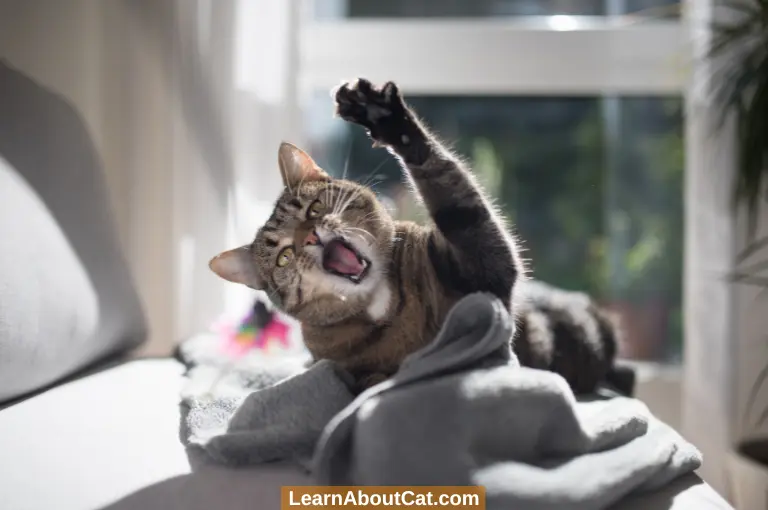
1. Texture
One of the main reasons cats like adhesive is because of its texture. The tackiness of adhesive can mimic the sensation of capturing prey or playing with a toy. Cats enjoy batting at sticky substances and manipulating them with their paws.
2. Smell
A cat’s sense of smell is also very strong and tends to be attracted to unfamiliar or intriguing scents. Adhesive can have a distinctive smell appealing to cats, which may be another reason they are drawn to it.
3. Taste
Cats are known for their finicky eating habits and may occasionally try to taste adhesive substances. While the taste may not be pleasant, the act of licking or chewing on the adhesive can be a stimulating experience for some cats.
4. Playfulness
Finally, cats may simply be drawn to adhesive substances because they are fun to play with. Cats enjoy exploring and manipulating objects, and sticky substances provide a unique sensory experience that can be entertaining for them.
Also, Check Out: Why Do Cats Like Hair Ties?
Why Cats Love Adhesives on Tape and Glue
Cats are naturally curious animals and are drawn to new and different things. Adhesive products like tape and glue are particularly interesting to cats due to their texture, smell, and taste.
Cats who have the condition pica, which causes them to need to devour non-edible objects, may also chew non-edible objects. Hereditary factors, nutritional deficiencies, boredom, premature weaning, and underlying medical disorders can bring on Pica.
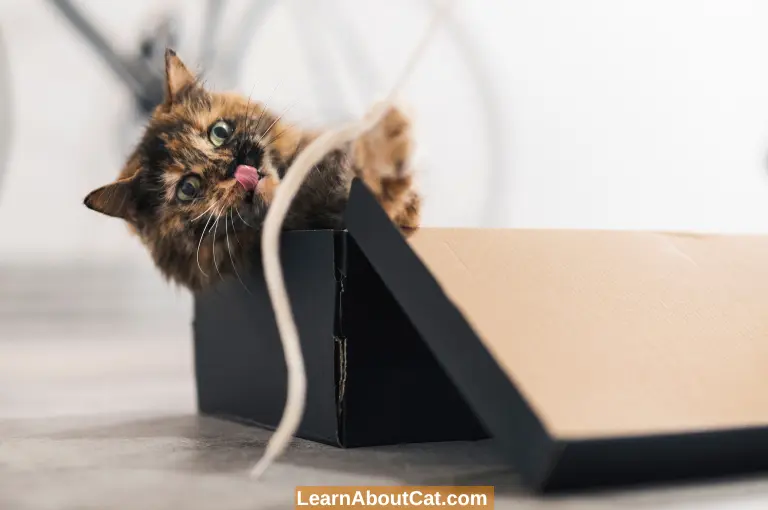
Health issues with cats – Eating anything unusual might indicate a more serious condition, including brain tumors, feline leukemia, or diabetes. It might also indicate a nutritional problem, such as nutrient deficiency or anemia in the cat’s diet. It’s possible that pica is only an inherited trait e.g, Birman Siamese cats suck the wool.
Boredom – Some cats may begin nibbling on uncommon household items merely to catch their owner’s attention. Such kitties perhaps need more stimulation around them.
Hereditary condition – Birman and Siamese cats tend to participate in wool-sucking more frequently. Some cats may begin chewing on odd household objects to garner their owners’ attention or out of boredom. Speaking with your veterinarian is always a good idea, especially if your cat’s tape-chewing behaviour is new
Is it Dangerous to Eat Adhesives? The Risks of Adhesive
While cats’ fascination with adhesive substances can be amusing to watch, it’s important to remember that ingesting these substances can be dangerous and even deadly. Adhesive substances can cause a range of health issues, including:
- Gastrointestinal blockages
- Intestinal perforation
- Toxicity from chemicals in the adhesive
Additionally, if a cat gets adhesive stuck to its fur, it may attempt to remove it by licking or chewing, which can lead to skin irritation or even poisoning if the adhesive contains toxic chemicals.
As a responsible cat owner, it’s important to keep adhesive substances out of your cat’s reach and supervise your cat when playing with toys or investigating new objects.
However, this isn’t always the case, and an intestinal blockage caused by your cat eating some tape might be risky. Cats normally throw up anything they can’t digest.
So, keep your cat away from tape and other adhesives; for instance, keep them out of the room when you wrap presents. Use alternatives, such as twisted ties, wherever possible.
It’s important to seek veterinary attention as soon as possible if your cat has ingested adhesive.
Check Out: My Cat Ate Rubber Band?
Is It Dangerous For My Cat To Eat Tape?
Your cat may run the danger of being stuck in its digestive system if it eats tape. This form of foreign-body blockage usually necessitates pricey surgery to remove the obstructing item. She noted that the condition might be fatal in some situations if the obstructing item(s) remains within the cat.
Ingestion of a foreign body can cause:
- Diarrhoea
- Vomiting
- Stomach discomfort
- Lack of Appetite or anorexia.
Is Glue Harmful To Cats?
Yes, if consumed orally, glue is dangerous to cats and can cause a variety of health problems.
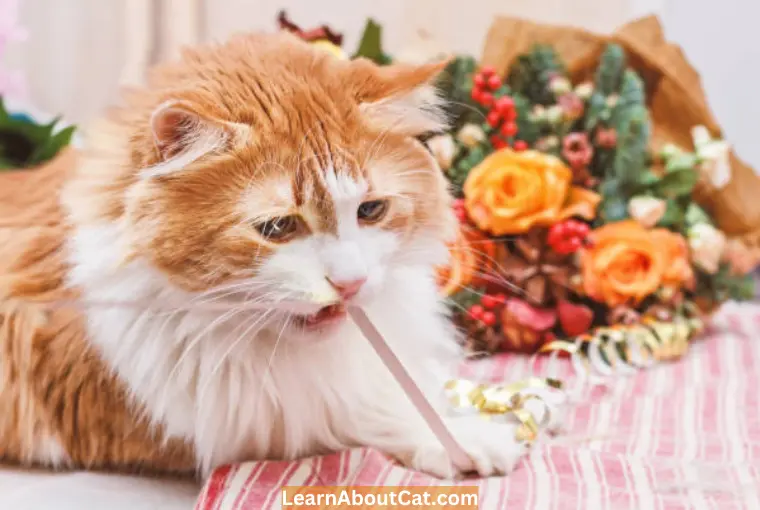
Glue is a common household component used in both homes and workplaces. Although glue is not a typical animal toxin, cats may be exposed to it, prompting worries about its toxicity.
Several kinds of glues are available, including white, expanding, and super glue. But, among them, expanding glue is at the top to harm our feline friends.
Polyvinyl acetate and ethyl-2-cyanoacrylate are the most common components in superglues. A solid, impermeable bond is formed when these substances come into touch with another surface.
Various signs may occur depending on the exposed part of the body.
Is Elmer’s Glue Harmful to Cats?
Elmer’s glue is not poisonous to cats.
Even though Embr’s tape is non-toxic and simple to clean, cats should be kept away. It’s also less costly and more cost-effective. It is available in both online and offline markets. However, while it is non-toxic, you should exercise caution and keep your cat away from the cloth while it dries.
Both pets and people are unaffected by Elmer’s Wood Glue. The glue also has a low VOC score, suggesting that it emits few or no Volatile Organic Compounds.
Which Glues Should be Avoided?
Avoid using the following glues while dealing with cats:
- Elmer’s Wood Glue: Although you don’t want your cat to ingest Elmer’s Wood Glue, many more hazardous types of glue are available. These glues include the chemical diphenylmethane diisocyanate. This ingredient causes the glue to dry quickly, which can be useful for certain types of carpentry but can be deadly if consumed by a cat.
- Gastric juice: A foreign body in the stomach may form when the glue quickly expands after contact with gastric juice. Normally, the glue cannot escape the pylorus before it grows, but in this circumstance, the reverse happens.
- Gorilla Adhesive: Gorilla Adhesive is a typical brand of adhesive that should be avoided because it contains the chemical diphenylmethane diisocyanate.
What Can I Do To Prevent My Cat From Eating Tape?
Again, your first action should be to consult with a veterinarian to ensure that your cat isn’t displaying indications of underlying cat health issues. Still, after that, you can focus on keeping your cat away from tape using the following tips.
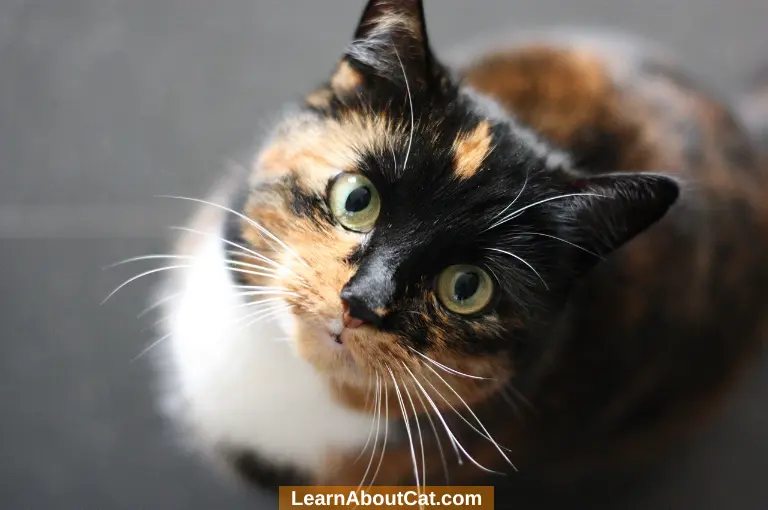
1. Keep Cat Away
To stop your cat from eating any unsuitable tape, you may get rid of it by removing it from your cat’s area of access. Keep your cat away from shipping boxes with loose tape since cats can rip it off and eat it.
Do not use adhesives in their presence: Keep them out of the room when you are gift-wrapping. You may use twisted ties as alternatives.
Ensure that adhesive substances are kept out of the reach of your cat. Keep them in a cabinet or closet with a tightly closed door or on a high shelf that your cat can’t access. Be sure to also properly dispose of any used adhesive products to prevent your cat from accidentally consuming them.
2. Taste Aversion
You may make the tape less appealing to your cat by conditioning it to taste “bad,” such as bitter apples. Allow your cat to sniff and perhaps taste the “bad” stuff before leaving out a piece or two of it.
3. Increase Stimulation
If your cat is chewing tape because they are bored, try to spend more time playing with them or provide additional excitement to their environments, such as window views, movies, or cat games. You can also try making DIY toys using materials like cardboard boxes or paper bags.
Provide them with something else to gnaw on—If you find them with tape, try to distract them with something safe, such as a toy containing a treat.
4. Discourage the Behavior
If you catch your cat trying to eat adhesive, calmly and firmly discourage the behavior. You can try using a spray bottle of water or a loud noise to startle them and deter them from the behavior.
Frequently Asked Questions
Is it safe for cats to play with tape?
No, it’s not safe for cats to play with the tape. There is a possibility that they will accidentally ingest it, which can create blockages or other health problems.
Can I use sticky tape to deter my cat from scratching furniture?
No, using sticky tape to deter your cat from scratching furniture can be harmful to them and may actually increase their anxiety.
Why do some cats seem more drawn to adhesive than others?
A cat’s preferences and behavior may vary depending on its individual behaviors. Some cats may be more drawn to adhesive due to their hunting instincts or personal preferences.
Are there any safe adhesive products for cats to play with?
It’s generally not recommended to allow cats to play with adhesive products, as they can be harmful if ingested. It’s best to provide your cat with safe and stimulating toys to play with instead.
Wrap Up!
Cats like exploring their surroundings, which often includes licking or chewing potentially dangerous objects. Because of its sticky nature, the eating tape may be quite harmful to cats. It may easily become lodged in your cat’s intestines and cause major injury.
The most important thing you can do for your cat is to keep the tape and other potentially hazardous materials away from him. If you do this, you may expect to have your cat for a long time.
Who is Isabella?
My name is Isabella, and I am a dedicated and knowledgeable cat enthusiast. With years of experience caring for cats and a deep love for felines, I made a mission to help other cat lovers navigate the challenges of cat ownership.

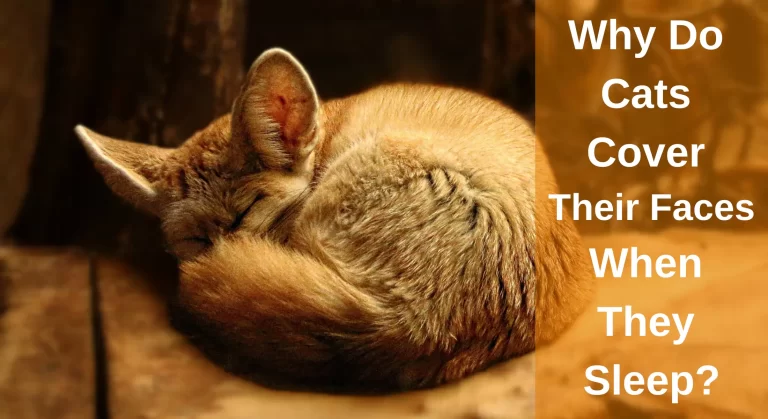
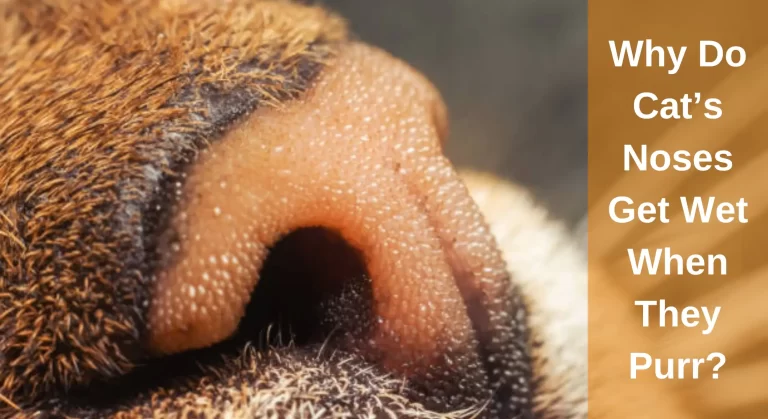
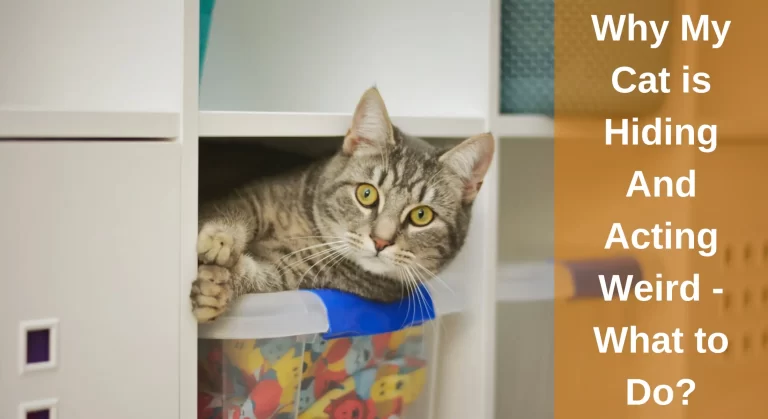
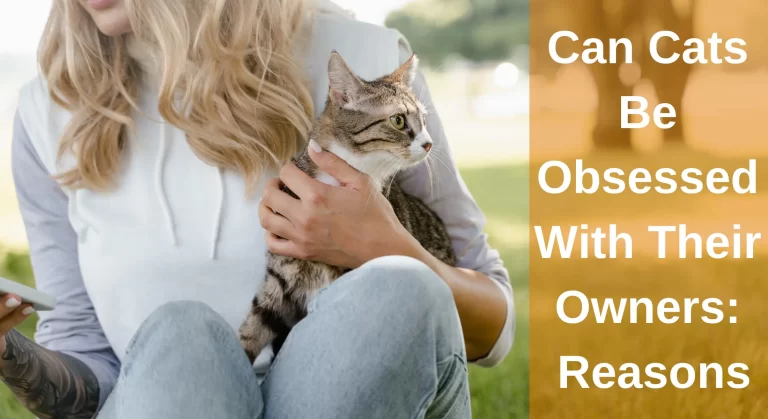
![Why Do Cats Thump Their Tails When Lying Down? [Top 6 Reasons]](https://learnaboutcat.com/wp-content/uploads/2022/06/Why-Do-Cats-Thump-Their-Tails-When-Lying-Down-768x419.webp)
